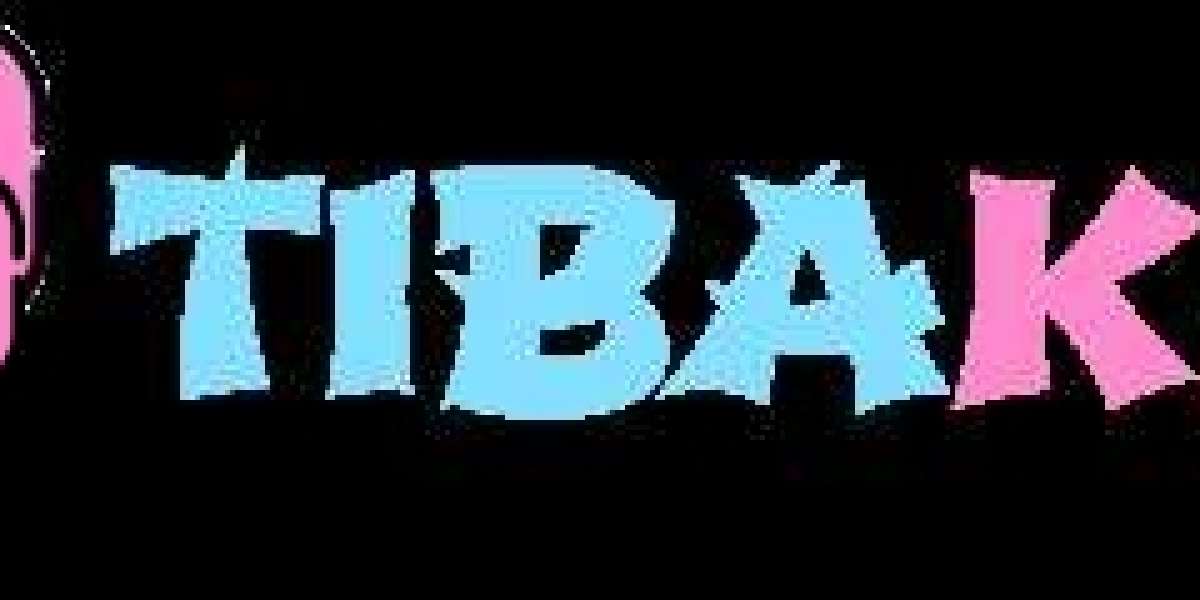In the dynamic and complex field of healthcare, nursing services play a pivotal role in ensuring patient well-being and safety. While clinical skills and patient interactions are often highlighted, the significance of effective writing in nursing cannot be overstated. Writing in nursing encompasses documentation, communication, and reporting, each of which is critical to delivering high-quality cheap nursing writing services. This essay explores the multifaceted role of writing in nursing services, examining its impact on patient safety, care coordination, and legal accountability, while also discussing strategies for improving writing skills within the nursing profession.
Enhancing Patient Safety through Accurate Documentation
Accurate documentation is a cornerstone of patient safety. In nursing, documentation serves as a comprehensive record of a patient's condition, treatment, and progress. This written record is crucial for tracking changes in a patient's health status and ensuring that appropriate interventions are made.
For example, detailed documentation of a patient’s symptoms, vital signs, and responses to treatment allows healthcare providers to monitor the effectiveness of care and adjust treatment plans as needed. In the absence of precise and up-to-date documentation, there is a risk of miscommunication and oversight, which can lead to adverse patient outcomes. Effective writing helps prevent errors by providing a clear and detailed account of care, thus facilitating timely and accurate decision-making.
Moreover, accurate documentation is essential for medication management. Nurses must document the administration of medications, including dosage, time, and patient response. Any discrepancies or errors in medication documentation can lead to potentially dangerous nurs fpx 4020 assessment 3. For instance, if a nurse forgets to record the administration of a medication, the next caregiver may inadvertently administer it again, leading to medication overdoses or other complications. Therefore, meticulous writing is crucial for ensuring patient safety and avoiding medication errors.
Facilitating Care Coordination and Interdisciplinary Collaboration
Effective writing also plays a significant role in care coordination and interdisciplinary collaboration. In a healthcare setting, patients often interact with a diverse team of professionals, including physicians, therapists, pharmacists, and social workers. Clear and organized written communication helps ensure that all team members are informed about a patient’s condition and treatment plan.
Care plans, progress notes, and discharge summaries are examples of written documents that facilitate collaboration. For instance, a comprehensive care plan that outlines a patient's needs, goals, and interventions ensures that all team members understand their roles and responsibilities. This coordination is essential for delivering cohesive and continuous care, especially when patients transition between different levels of care or healthcare settings.
Additionally, written communication is critical for conveying important information during patient handoffs. When a patient is transferred from one unit to another or from one healthcare provider to another, written reports provide a summary of the patient’s current condition, treatment history, and any special nurs fpx 4040 assessment 1. Effective writing ensures that no critical information is lost during these transitions, thereby minimizing the risk of errors and improving the quality of care.
Navigating Legal and Ethical Considerations
The legal and ethical dimensions of nursing documentation underscore the importance of effective writing. In the event of a legal dispute or malpractice claim, thorough and accurate documentation can serve as a key defense for healthcare providers. Well-documented records provide evidence of the care provided, the decisions made, and the patient’s responses, which can be crucial in defending against allegations of negligence.
Ethically, nurses have a responsibility to document care honestly and transparently. Accurate documentation reflects the true nature of the care provided and upholds the integrity of the nursing profession. Inaccurate or incomplete records can not only jeopardize patient safety but also undermine the trust between patients and healthcare providers.
Confidentiality is another critical ethical consideration in writing. Nurses must ensure that patient information is documented and shared in a manner that respects privacy and complies with legal regulations, such as the Health Insurance Portability and Accountability Act (HIPAA). Effective writing involves not only the accurate recording of clinical information but also adherence to guidelines for maintaining patient confidentiality.
Strategies for Improving Writing Skills in Nursing
Given the importance of writing in nursing, it is essential for nurses to continuously refine their writing skills. Several strategies can help enhance writing proficiency among nursing professionals:
Education and Training: Formal education programs and continuing education opportunities can provide nurses with the necessary skills and knowledge for effective documentation. Workshops, seminars, and online courses focused on clinical writing, documentation practices, and legal requirements can help nurses improve their writing abilities.
Standardized Documentation Practices: Implementing standardized formats and templates for documentation can promote consistency and clarity in nursing records. Standardized documentation practices help ensure that important information is consistently captured and easily understood by all members of the healthcare team.
Regular Feedback and Review: Regular feedback from peers and supervisors can help nurses identify areas for improvement in their nurs fpx 4050 assessment 4. Performance reviews, audits, and mentorship programs provide valuable opportunities for receiving constructive criticism and making necessary adjustments.
Ongoing Practice and Reflection: Like any skill, writing improves with practice. Nurses should be encouraged to reflect on their documentation practices, seek feedback, and actively work on refining their writing skills. Engaging in reflective practices, such as reviewing past documentation and considering ways to enhance clarity and accuracy, can lead to continuous improvement.
Conclusion
In conclusion, effective writing is a fundamental aspect of nursing services that significantly impacts patient safety, care coordination, and legal and ethical considerations. Accurate and clear documentation ensures that patients receive safe and consistent care, facilitates collaboration among healthcare providers, and upholds the integrity of the nursing profession. By investing in education, implementing standardized practices, seeking feedback, and engaging in reflective practices, nurses can enhance their writing skills and contribute to the overall quality of care. As healthcare continues to evolve, the importance of effective writing in nursing will remain a crucial element in delivering high-quality patient care.




